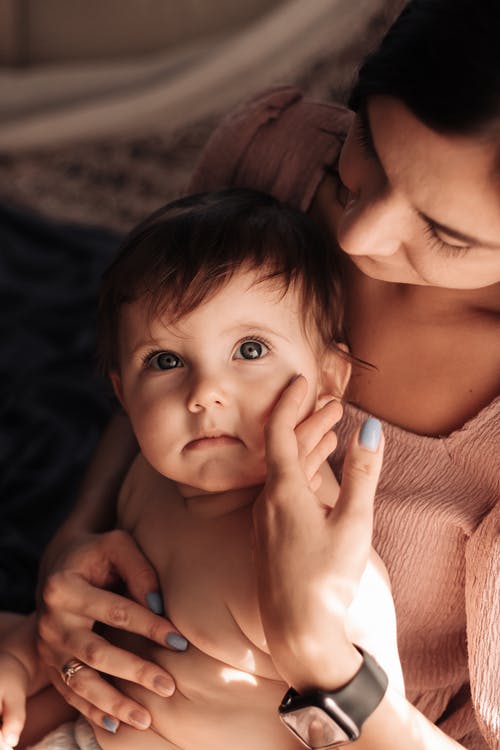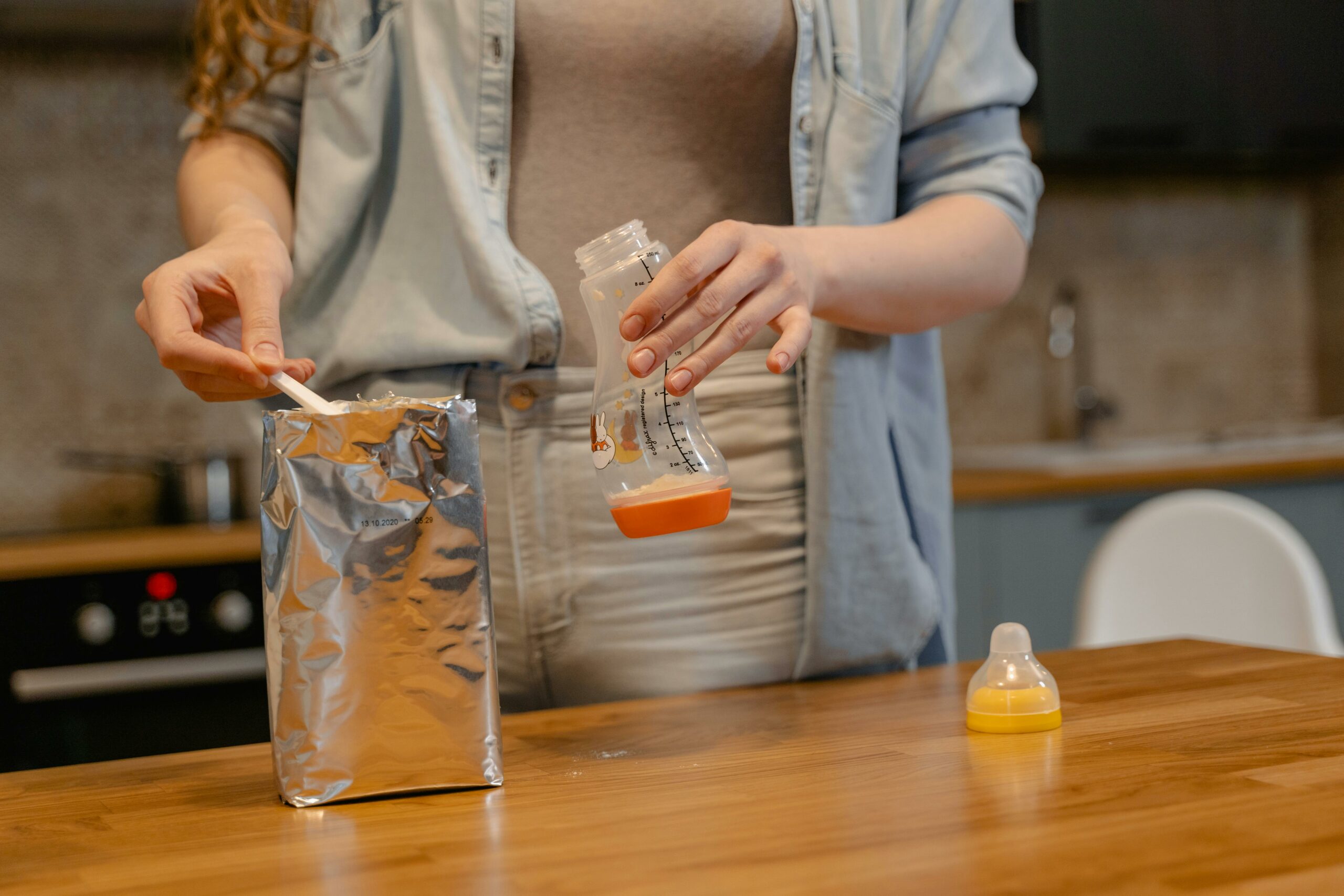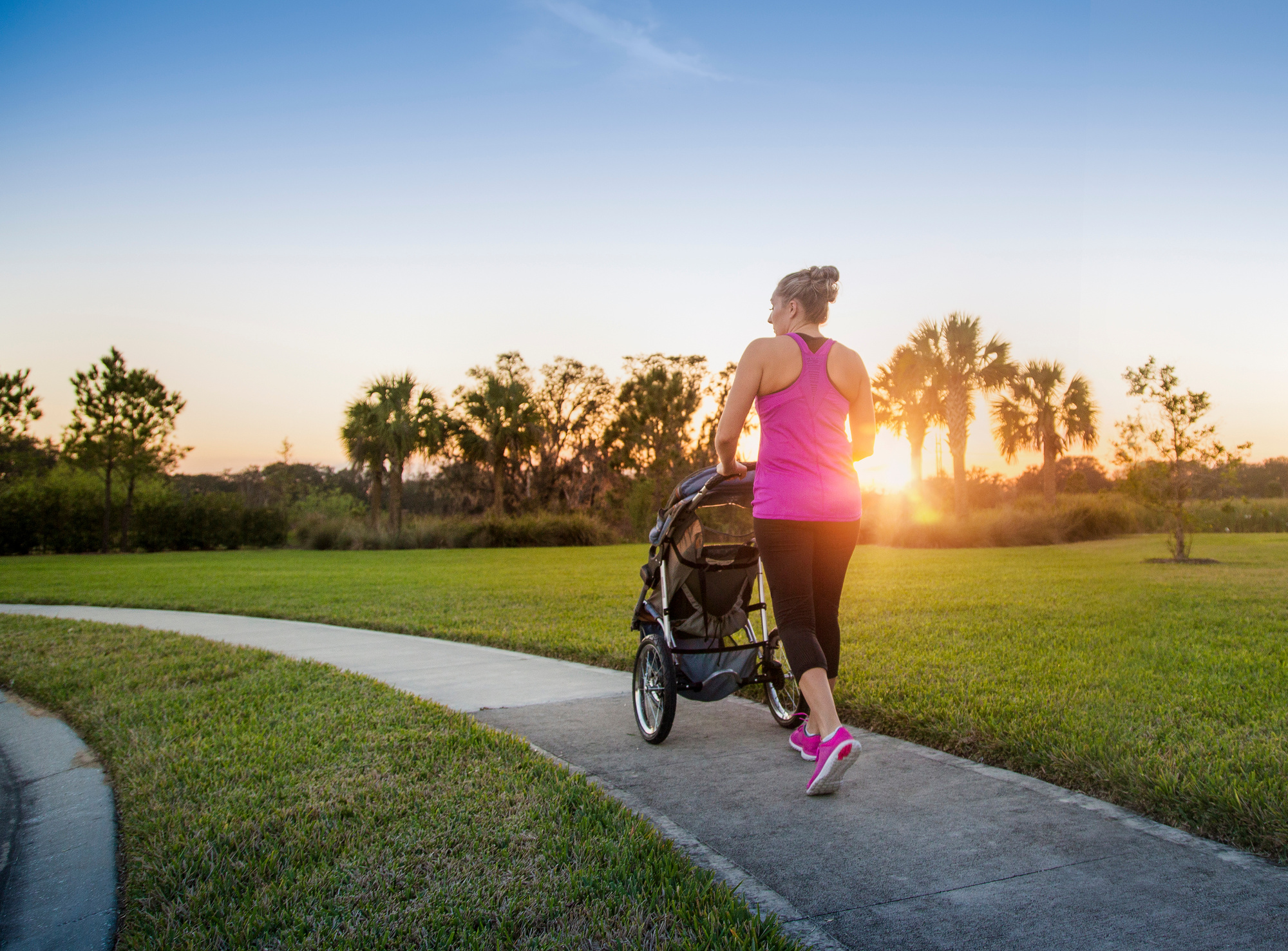New moms are at risk of postpartum depression, but too often, they don’t get the treatment they need. This can be for various reasons, from feeling shame about what they’re going through to not recognizing the symptoms.
Untreated postpartum depression can lead to significant complications.
In the short term, if you’re struggling with untreated postpartum, you could be at risk of substance abuse, a higher risk of being involved in a car accident, and physical health complications.
Other complications include a risk of suicidal thoughts or behavior and not bonding with your new baby.
Later in life, a child of a mother with untreated PPD can have behavior, learning, and developmental problems.
Learning the signs of postpartum depression can help new mothers, and the people around them proactively seek help if they spot them.

Signs of PPD
Some of the general signs of PPD include:
- Feeling down or sad frequently
- Crying often
- Restlessness, anxiety, or irritability
- Loss of pleasure or interest in life
- Loss of appetite
- Lack of motivation
- Low energy levels
- Problems sleeping or sleeping more than usual
- Feelings of worthlessness, guilt, or hopelessness
- Weight gain or loss that’s not explainable
- Lack of interest in the baby
- Not feeling attached to your baby
Some women develop symptoms of depression right after childbirth, but for others, the symptoms don’t occur until weeks or months later. Depression occurring within six months of childbirth may be diagnosed as PPD.
In rare situations, postpartum psychosis can develop. Postpartum psychosis is a medical emergency, with all the symptoms of PPD and thoughts of hurting the baby or yourself.
Risk Factors
Certain things in your life could make you more likely to experience PPD after you have a baby. These risk factors don’t mean you’ll certainly develop depression—just that it could happen.
PPD risk factors include:
- Having depression during pregnancy or major depression at another point in your life
- A history of physical or sexual abuse
- Extreme stress in your life, like being low income or not having much family support
- Having diabetes
- Complications during pregnancy
- You use substances like drugs or alcohol
- Your baby has a health condition
Treatment Options
If you think you could have symptoms of postpartum depression, you could contact a healthcare professional as soon as possible. There are many treatment options available, and the sooner you get treatment, the fewer complications you’re likely to experience.
Medications for postpartum include:
- Selective serotonin reuptake inhibitors (SSRIs): These antidepressant medications tend to have relatively few side effects for many people, including Paxil and Prozac.
- Atypical antidepressants: This type of medication affects the neurotransmitters in the brain that affect mood, and they can help with depression that isn’t well-managed by an SSRI. Examples include Wellbutrin and Serzone.
- Trycyclic antidepressants: This is an older class of antidepressants used less often than the previous two.
- Hormone therapy: Your sex hormone levels can drop rapidly after you deliver a baby. These include estrogen and progesterone. The drop in hormones may play a part in postpartum depression, so hormone therapy can help with symptoms for some mothers.
Talk therapy tends to be very helpful for PPD symptoms. Specifically, cognitive-behavioral therapy (CBT) can help manage the symptoms. CBT and medication can reduce the symptoms more effectively than using just therapy or medication alone.
When you participate in CBT, you work with a therapist to learn strategies to change your thinking patterns. You work to recognize your distorted thoughts, and you can develop problem-solving and coping skills.
Can You Prevent Postpartum Depression?
If you’re worried you could be at risk of PPD, there are some things you might be able to do to lower the potential of developing symptoms.
Talk to the people you trust and who are part of your support system about how you’re feeling.
If you have any symptoms you’re worried about, talk with your health care provider.
Getting outside for fresh air, physical movement, and a balanced diet can help.
How Can Loved Ones Help?
If you notice the signs of PPD in your loved one, you may feel helpless, but there are things you can do.
Recognizing the signs is an important first step. If you see any of them, urge the new mother to talk to her health care provider.
Listen to her concerns, and show her that she’s not alone and you’re available to help in whatever way she needs you.
You should encourage her to talk to a health care provider. You might offer to go to an appointment to help her feel more comfortable.






